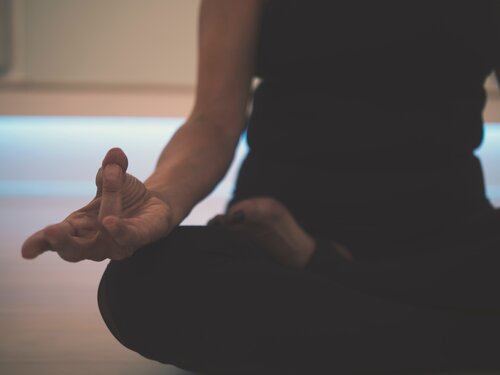Hannah Starcher, B.A.
My mother called me this morning at 6AM informing me that my cousin had passed away. She had cancer, and the past few years had been very arduous for her. I am still in a state of shock, and as I write this I feel that I am unaware of how to grieve. COVID-19 has ensured that there can be no funeral, no closure or real finality for her distinguished life. To make matters worse, I am not near my family and it has all been very difficult to process without them.
I want to write this for those dealing with loss and grief alone during the pandemic. We may not know how to feel or who to turn to, but there are coping mechanisms that can help us to mourn and grieve in a healthy and safe way.
YOUR FEELINGS ARE LEGITIMATE
When it comes to loss there is no guidepost for how you should be feeling. We all experience grief differently and it is important to remind yourself that whatever you are feeling is okay. You have a right to experience your emotions organically. It is said that there are five stages of the grieving process, typically starting with denial and shifting toward anger, bargaining, depression, and finally, acceptance. This does not mean that you have to grieve in that specific order, or that you are grieving incorrectly. Please know that there is no right or wrong way with bereavement, only what is personal to you.
SELF-CARE

Sometimes, when we have a lot on our minds, we forget to take care of ourselves and our bodies. If you are grieving alone, please remind yourself daily to stay hydrated, eat, and get plenty of rest. Losing someone can wreak havoc on your body and mind. Don’t feel pressured to maintain normalcy. Care for yourself physically and take the time that you need to heal.
REACH OUT

While I may not be near my family, we are staying connected through phone calls, texts and, video chats. Just hearing their voices has helped me through the day. Connect with your loved ones and grieve with them. This is not a situation that anyone should have to be in, but it is the unfortunate reality. Share memories and stories of your loved one’s life and help ease each others pain. You do not have to be alone in this. Someone will be there to pick up the phone.
TECHNIQUES FOR COPING

Some losses can be too substantial to think about, and your anxiety and stress seem to heighten because of it. Writing down your thoughts as life continues to unfold will give a voice to your experiences. Write about what has happened, but also track how you are handling the situation. Note your strengths and resiliency during hardships. In doing this you can show yourself how you’ve overcome emotional turmoil.
In addition to journaling – mindfulness, meditation, and visualization are all healthy coping strategies that you can practice to help overcome any mental suffering that you’re enduring by yourself due to the pandemic.
Again, there is no incorrect way to grieve and no timeline for how long it will take. If you are coping with loss in quarantine, reach out to your loved ones or a mental health professional. They are there to help you get through this challenging time. Most importantly, allow yourself the time to mourn and heal and know that you are never truly alone.

